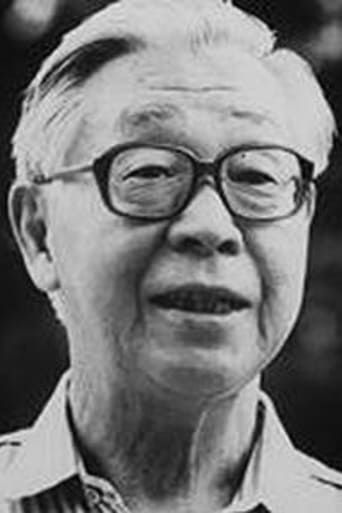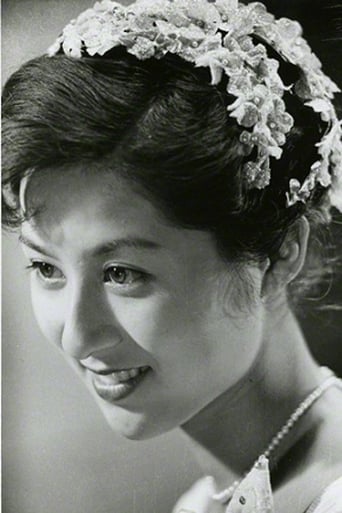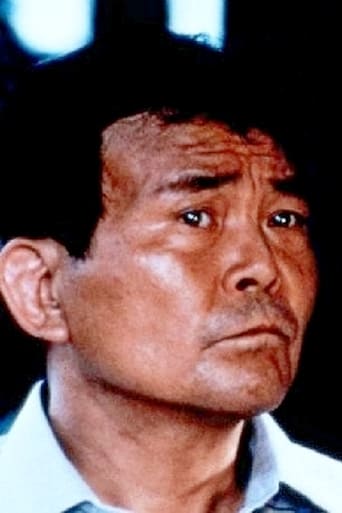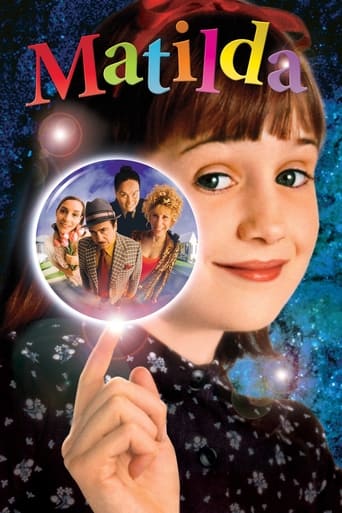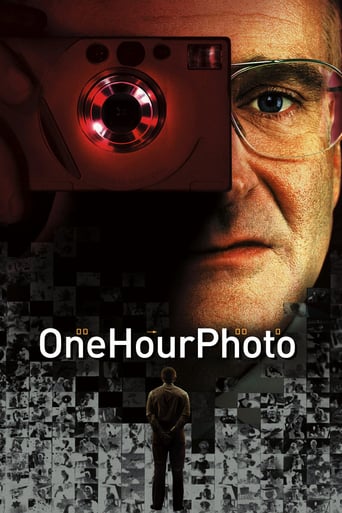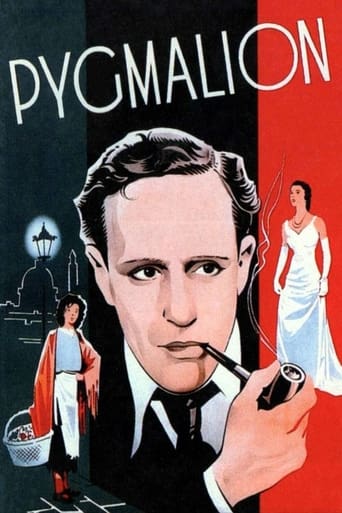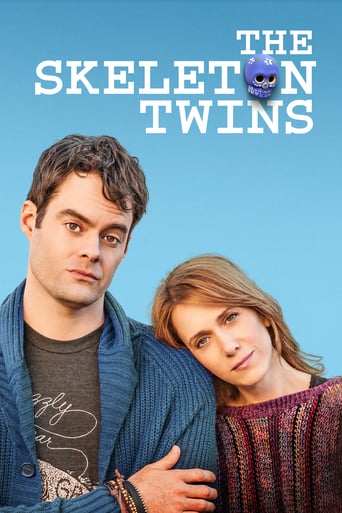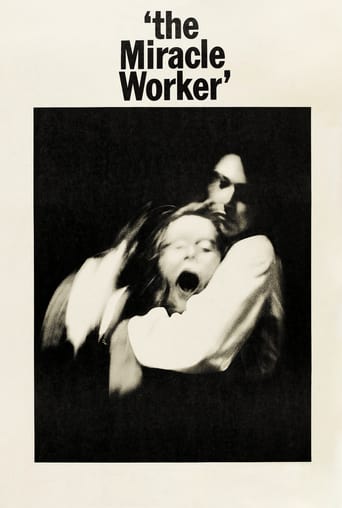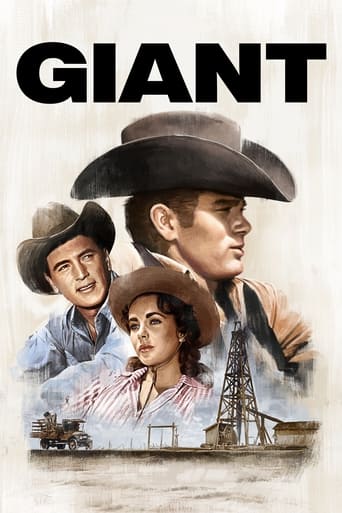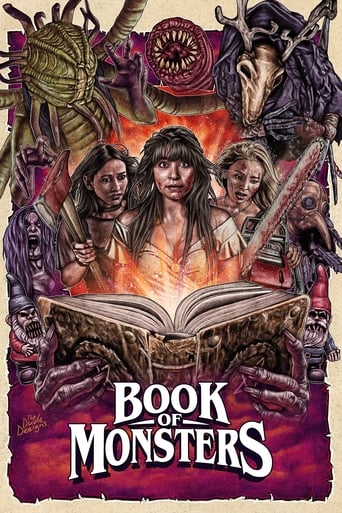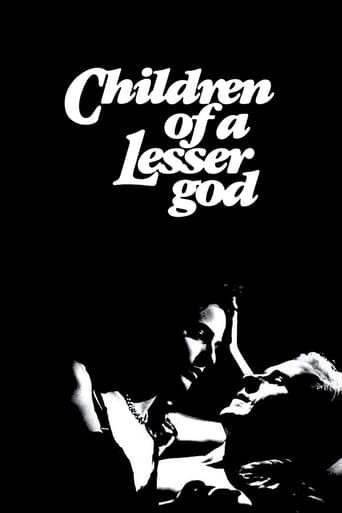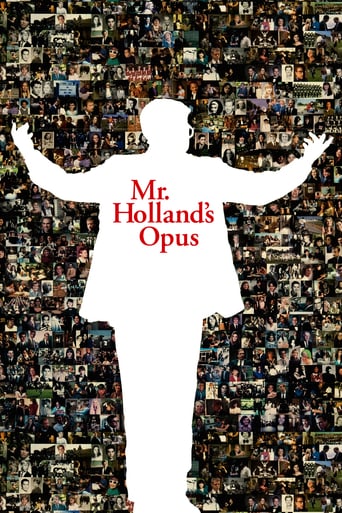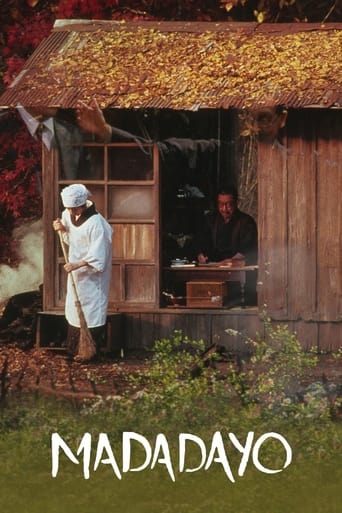
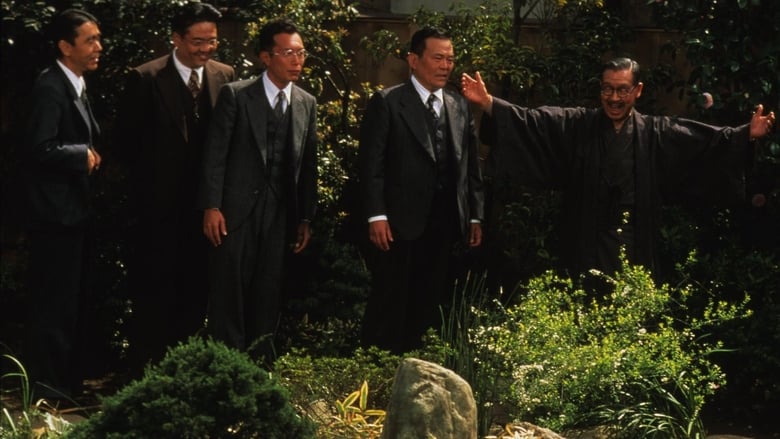
Madadayo (1993)
Based on the life of Hyakken Uchida, a Japanese author and academic. The film opens with Uchida resigning his job as a German professor at the onset of WWII. The story is told mostly in vignettes as he is cared for by former students in his old age.
Watch Trailer
Cast


Similar titles
Reviews
The question 'are you ready, are you ready to die?' is answered, as a commonplace, in the negative. Who of us is ready to die? None. Even old age, the harbinger of defeat, cannot accept the fate it portends: an untimely death, for all death is untimely. There is acceptance of death, sure, but no one, save the seldom few who are most miserable, invites it into their home. To me it is a truism that there is nothing more lucid and apparent and viscerally vocal than our united cry - Madadayo! But there is something more at play in this film than this pithy commonplace, something deeper. It is a masterpiece, and one sadly overlooked in his dense oeuvre.Why are you not ready to die? Here is the broader and more philosophical inquiry at the heart of this movie; and I invite you to look into your own life and recall the opulence of emotion in your most miserable moments, and to ask yourself unflinchingly why, if the egregiousness truly stacks above your head, like the loss of a beloved cat named Nora, do you continue to live in this world. What is the cause behind your proclamation - Madadayo! Is it affirmative, or is it a resignation? Misery befalls us all. But is misery all there is? Of course not, and Kurosawa rightly thinks not: "There is an enviable world of warm hearts." The professor tells it to us himself: he would have sunk into the mire of his despair had it not been for the kindness and generosity of his friends and relatives, and even those strangers unfamiliar with his plight.He has a crisis when he loses the cat and another one in the shack. Both times he is saved by his friends. There is much that happens in a man's life, much of it good, much ambivalent; he sees many evils and performs some, regrettably, himself.But the answer is there, in our lives, staring us in the face. Why are you not will to say you are ready for death? The world of warm hearts is astoundingly beautiful. It is beautifully portrayed in the movie, with heartfelt earnestness in the manner in which the students revere and support their professor; but, more to the point, it is also intrinsically beautiful. In the final scene the professor, now an old man, dreams himself a boy, a remembrance perhaps, and finds himself playing a game of hide and seek with some friends on a farm among conical stacks of hay. The boys on the road call out to him continuously, are you ready? as he tries to find a suitable hiding place among the hay. Madadayo (not yet) he exclaims to them. He then slowly covers himself with hay and just as he is about to say that he is ready for them (ready for death) the sun sets over the horizon of a surreal landscape imbued with green, orange and red, a multicoloured dream, and the camera pans up and over the sky, and it is here that we see the beauty of the world; it is this beauty, which is joined with the ethical, the kindness of people, that stops the young boy and the old man from saying that they are ready; it is this solemn beauty that keeps us all going, if we should choose, in our carousals and sojourns, to take notice of it. You are left with a broad smile on your face as you take leave of this master, and every time I think about him I am happy for the life he lived and sad that he departed us so soon.
Akira Kurosawa's last film, from 1993, didn't attract a lot of attention when first released, perhaps because the Japanese master was already a bit out of fashion among the critics and the public in the 1990s, but this is among his best movies. Kurosawa was 83 when he directed this (he would die five years later) so in many ways this is a film about old age and about dying, but is far from somber or depressing – it's hard to think of a more elegiac film about death (it is also, of course, a film about life).The movie's protagonist is Hyakken Uchida (1889-1971), who was a real Japanese professor of German Literature, but in many ways he is in the movie an alter ego of Kurosawa, an aging master facing old age and death. Uchida is kind hearted sometimes to the point of naiveté. Plotwise, not much really happens in this slow but rewarding film – we see Uchida the day of his retirement, facing the destruction of his home during World War II, celebrating with his former students each year in a party, finally facing illness and old age. Perhaps the biggest incident in the movie is when Uchida loses his cat. But if the plot seems slight, the movie stands out as a beautiful piece of humanist filmmaking. The quietly beautiful photography and mise en scene certainly helps.
A fitting conclusion to Mr Kurosawa's career. Full of quiet melancholy and contemplation this film is, in my opinion, quite aware that it is the director's last. It deals solemnly with death, love, admiration and loyalty. Madadayo meaning not yet, tells the story of a retired German grammar teacher whose small group of devoted students grows exponentially every year along with the parties and gatherings in honour of him. The silence in the film allows the relationships between the characters to become gripping and though there is little action the audience begins to care about the teacher as much as the students. The film also contains just the correct amount of humour to counteract the more melancholic, contemplative elements of the story. My only main criticism is that the segment dealing with the lost cat is perhaps just slightly too long. While contributing greatly to the pathos in the film I believe if this part of the film were shortened by a little balance would be restored between pathos and merriment.
I've watched this movie more often then any other Kurosawa movie. I think most of his movies I've watched only once were movies whose impact on me will last a lifetime, thats why I don't need to watch 'Stray Dog' or 'Red Beard' too often, though they are my favorite. But this one is a movie I can watch on the evening, an easy-watchable and yet very touching and intensive movie, with moments to laugh and touching moments too. I realy like this movie for its sympathic characters - though it plays partly in fascism war-torn Japan. Maybe its the point of why I like these character especially - it shows that despite their fascistic affiliation the characters didn't have to be evil - or at least not all.It has also a few good jokes which you can only understand when you understand japanese - the main character is a distinguished author and german-teacher. He delivers a brilliant character-study.Recommendable for everybody interested in japanese culture, especially postwar - and all Kurosawa-fans of course.


